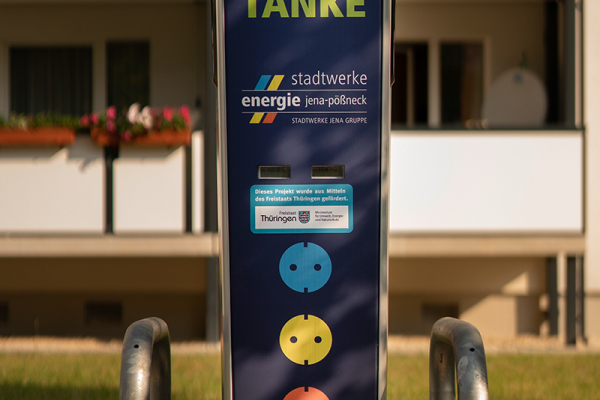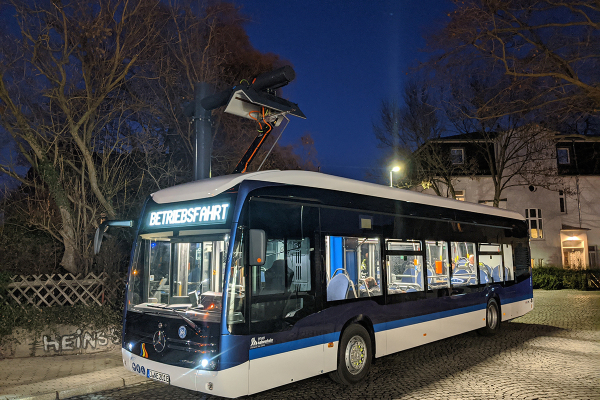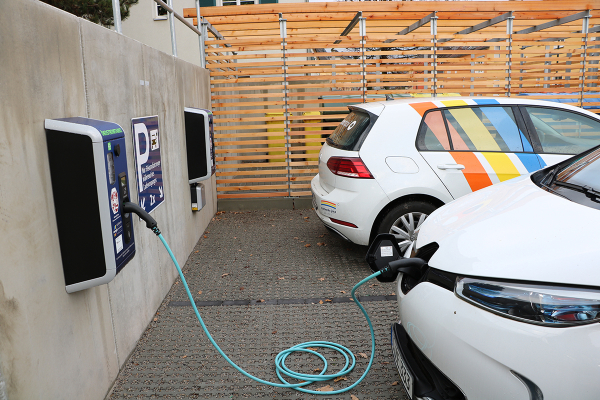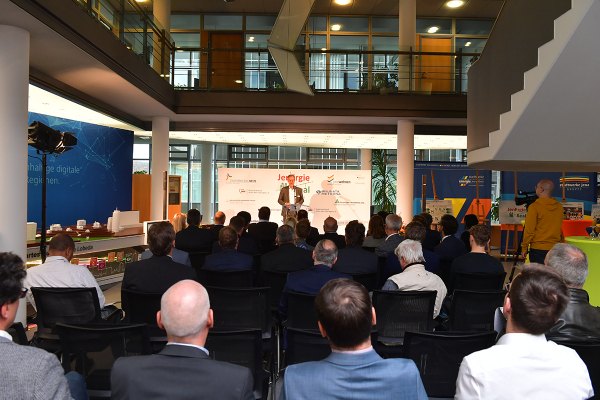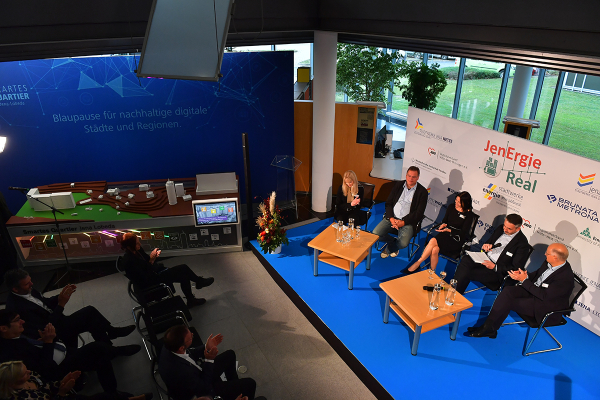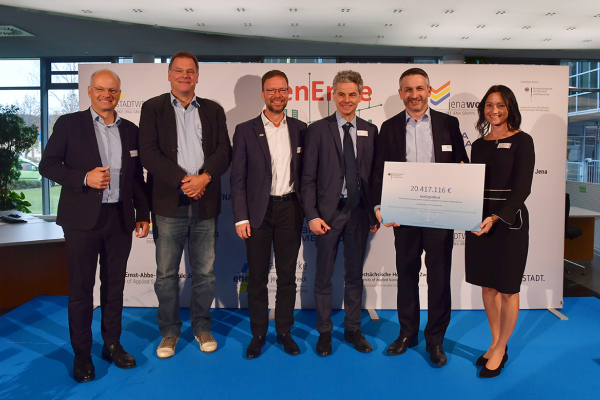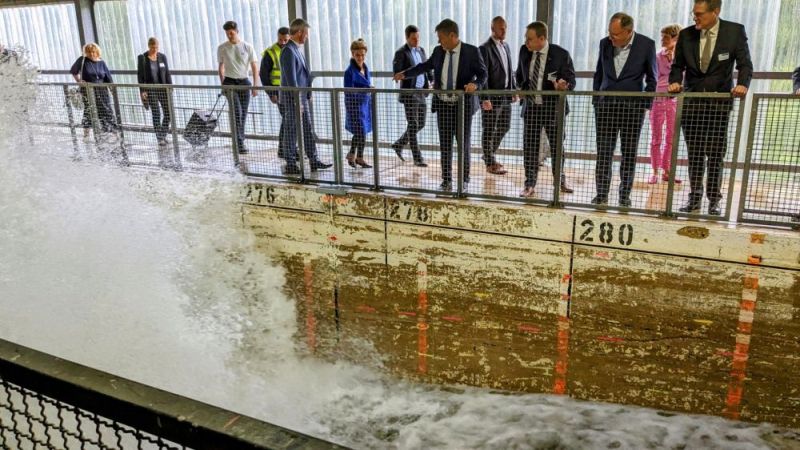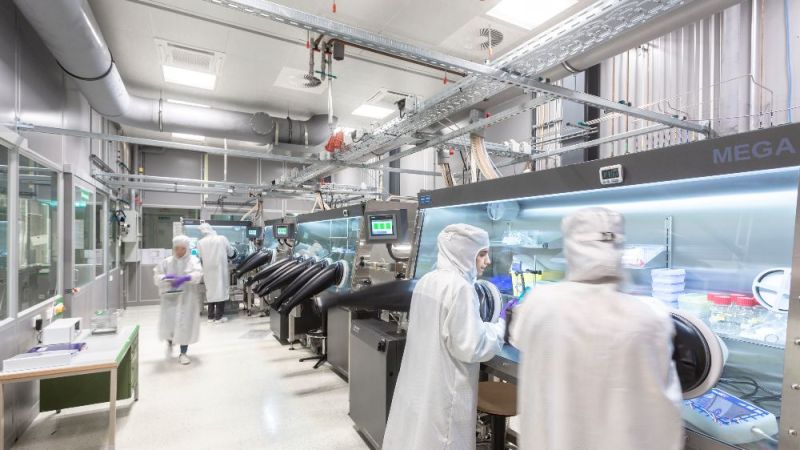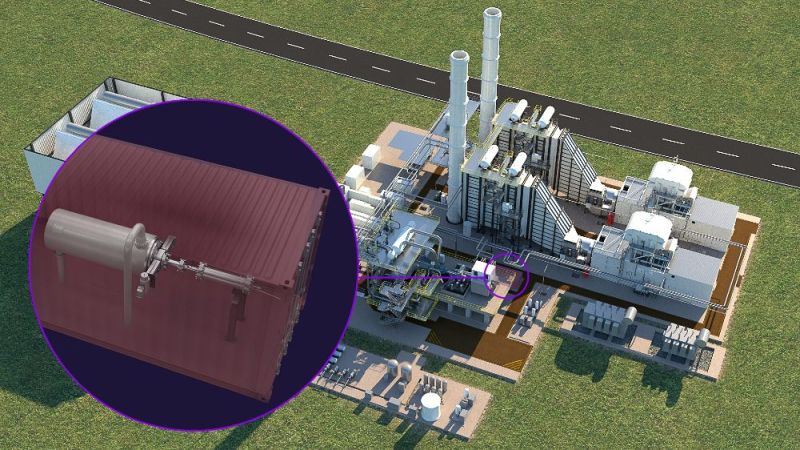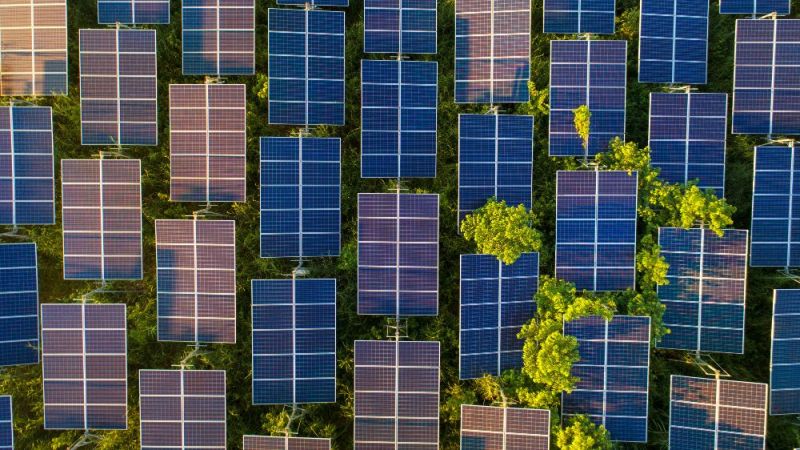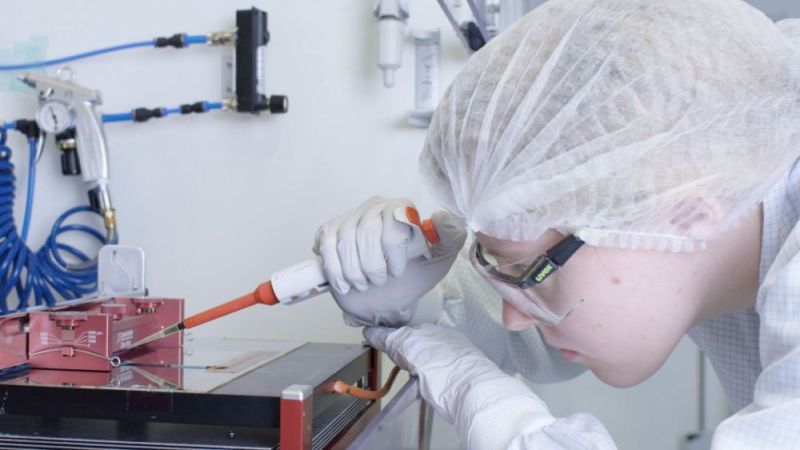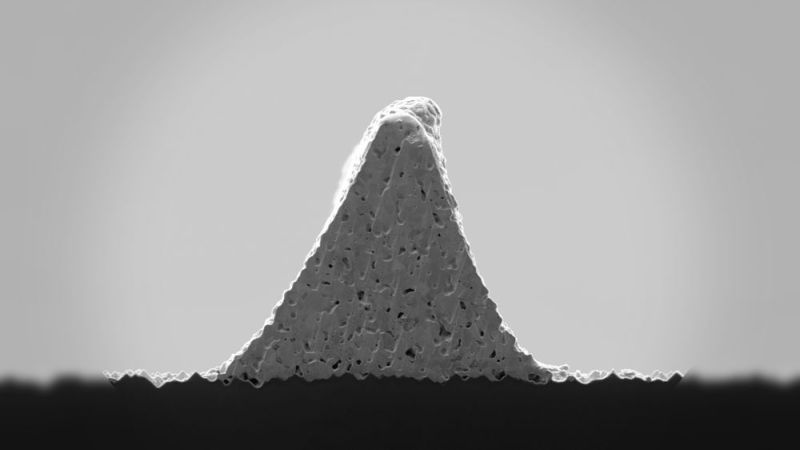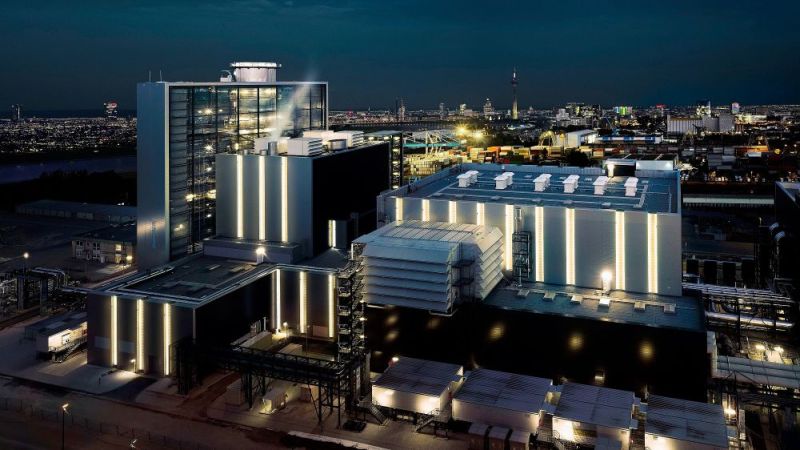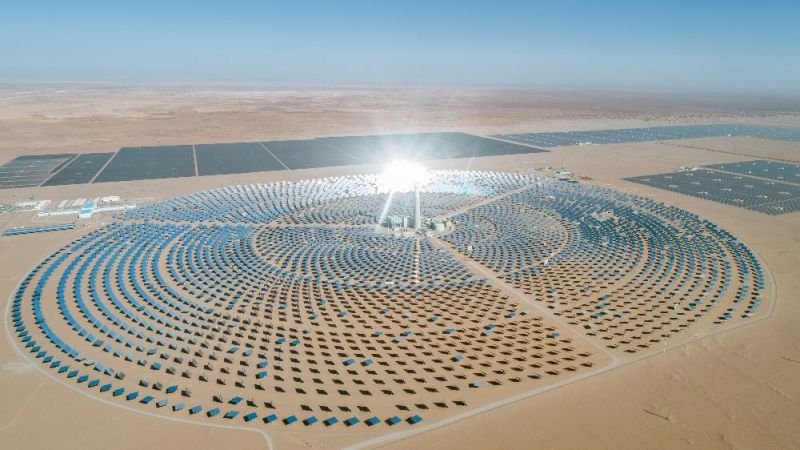Regulatory sandboxes for the energy transition
Supplying cities with sustainable energy: Regulatory sandbox JenErgieReal launched
With JenErgieReal, researchers demonstrate in practice how cities can be sustainably supplied with power and heat. This involves looking at energy generators, storage and consumers in Jena across the board and linking them via a virtual power plant. With the ceremonial handover of the approval, the starting signal has now been given for the regulatory sandbox for the energy transition.
With JenErgieReal, the participating teams of scientists want to show how sector coupling through a virtual power plant can be used for a successful energy transition in cities. They are developing new types of virtual power plant structures in order to intelligently link photovoltaic and solar thermal systems as well as large-scale electrical storage systems in Jena. All consumptions of the main drivers of energy consumption – transport, industry, commercial and residential – are integrated into one overarching platform. In addition to a high performance capability, the resulting virtual power plant offers the particular advantage of being able to control the loads in the grid highly flexibly and in real time.
The chosen locations of the energy generators and storage represent different sectors of the energy system of the Thuringian city. Electromobility plays a special role in this. For example, neighbourhood storage or grid-friendly energy storage systems are combined with charging stations for electric vehicles or plants for combined heat and power generation. The vehicles, in turn, serve as mobile, short-term energy storage systems and a commercial storage system is used for quick charging of the vehicles.
Societal and social aspects are also considered
The scientists at JenErgieReal are also interested in non-technical issues. This means that in addition to the framework conditions of the energy industry, societal and social aspects that may be relevant for the development of cities and districts are also considered. The aim is to place people more at the centre of future-oriented, integrated urban development. Thanks to its holistic approach, the regulatory sandbox in Jena, a city with more than 100,000 residents, can also serve as a model for other large cities.
JenErgieReal is one of the winning projects of the ideas competition ‘Regulatory Sandboxes for the Energy Transition’ of the then Federal Ministry for Economic Affairs and Energy. The regulatory sandboxes are used to implement future-oriented projects on an industrial scale. In the Federal Government's 7th Energy Research Programme, they are intended to serve as a funding format to support the practical transfer of innovative technologies and methods for the energy transition and accelerate the restructuring of the German energy system. (lh)


